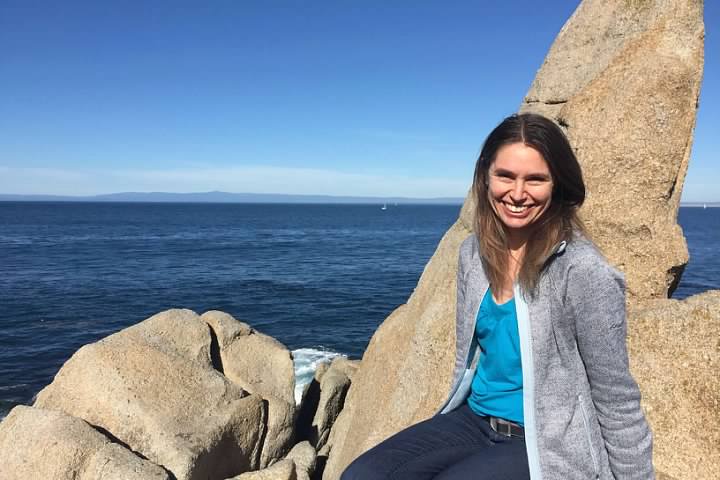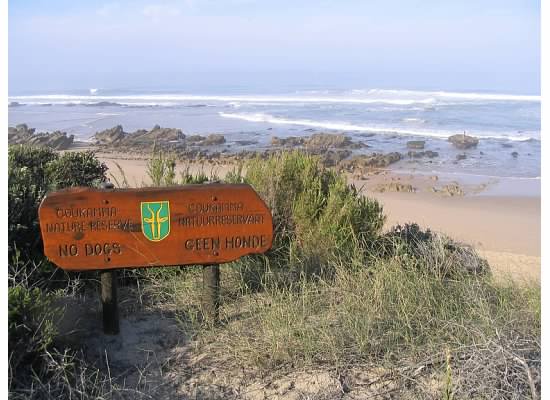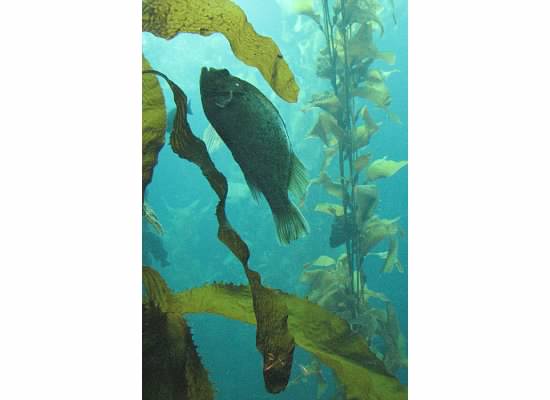|
Research
I
use mathematical modeling to understand and quantify ecological and
evolutionary responses to environmental variability and change in
space and time. In an ecological context I explore the drivers
of ecological resilience to environmental change, and in an
evolutionary context I explore the potential for rapid evolutionary
responses on ecological time scales to affect population dynamics.
To bridge basic and applied science, I focus on cases of
human-driven global environmental change such as fisheries,
artificial propagation, and climate change. Specific topics
include:
- Comparing management options to mitigate the unintended
fitness consequences of aquaculture and hatcheries, by both
drawing from and contributing to the theory of gene flow and
local adaptation
- Quantifying the potential for rapid evolution in response to
climate change and informing management to protect adaptive
capacity, particularly in coral reef systems
- Understanding the potential drivers and consequences of
resilience in both temperate and tropical reefs
- Exploring the roles of species interactions, fisheries-based
selection, and spatial management (e.g., marine reserves) in
ecosystem-based fisheries management.
For more information including a full
list of publications, see my CV in html
or pdf format. See also
here
for the project page of a collaborative project on kelp
restoration and climate change.
|
Teaching
Undergraduate
courses:
Population Ecology (ESP
121)
Environmental Analysis
(ESP 1), co-taught 2009-2014
Graduate courses:
Conservation Ecology (ECL208)
Computational
Methods
in Population Biology (ECL/PBG233), taught alternate years
Advising
Lead faculty advisor, Environmental
Science & Management major |



